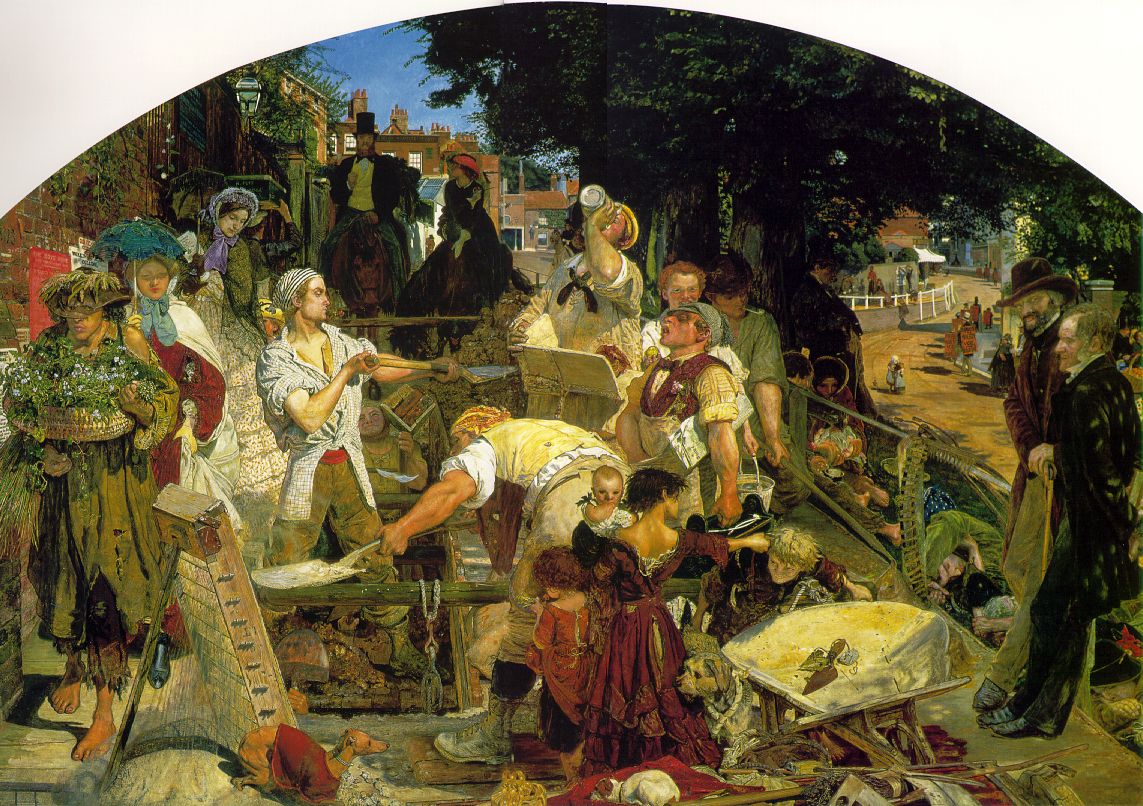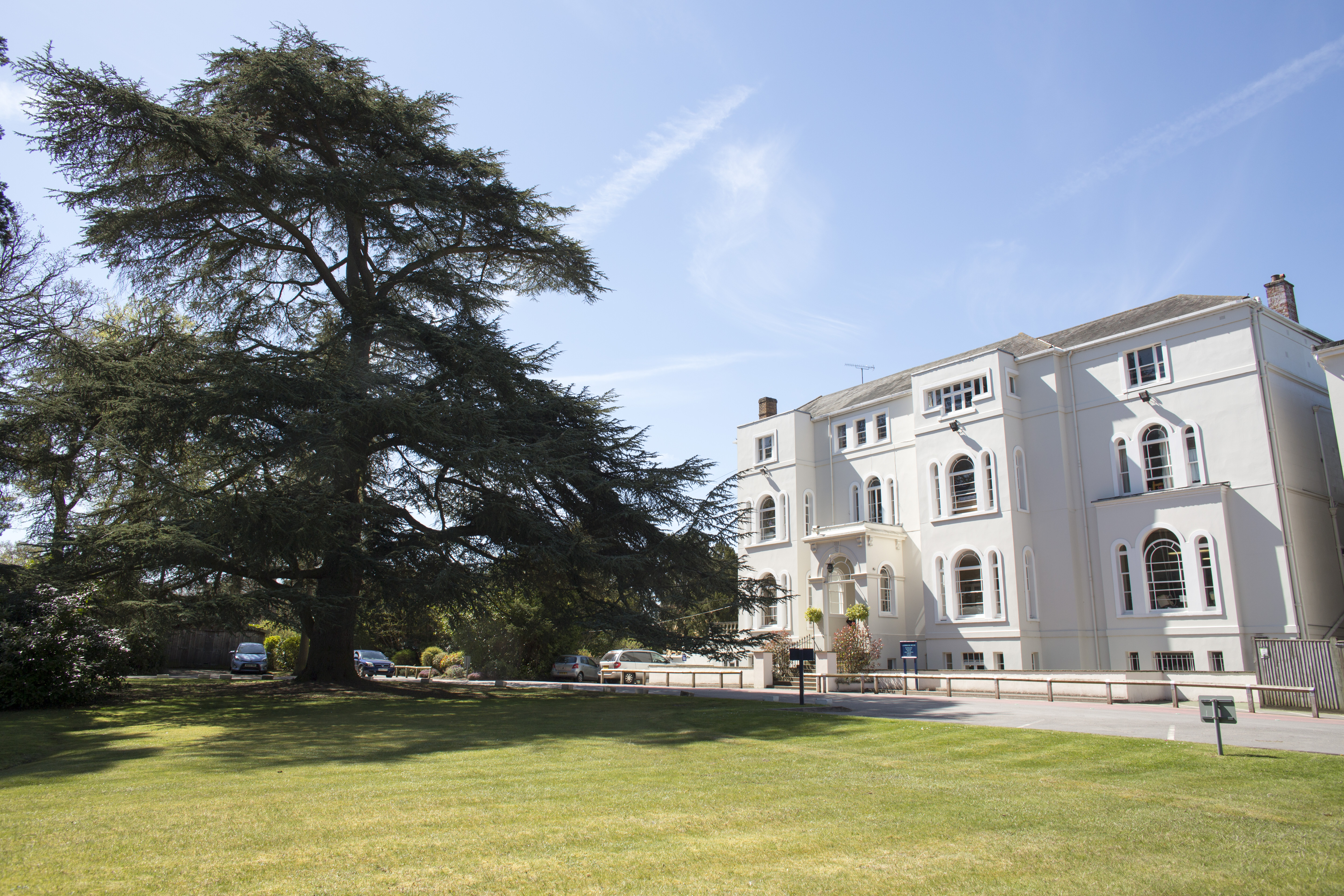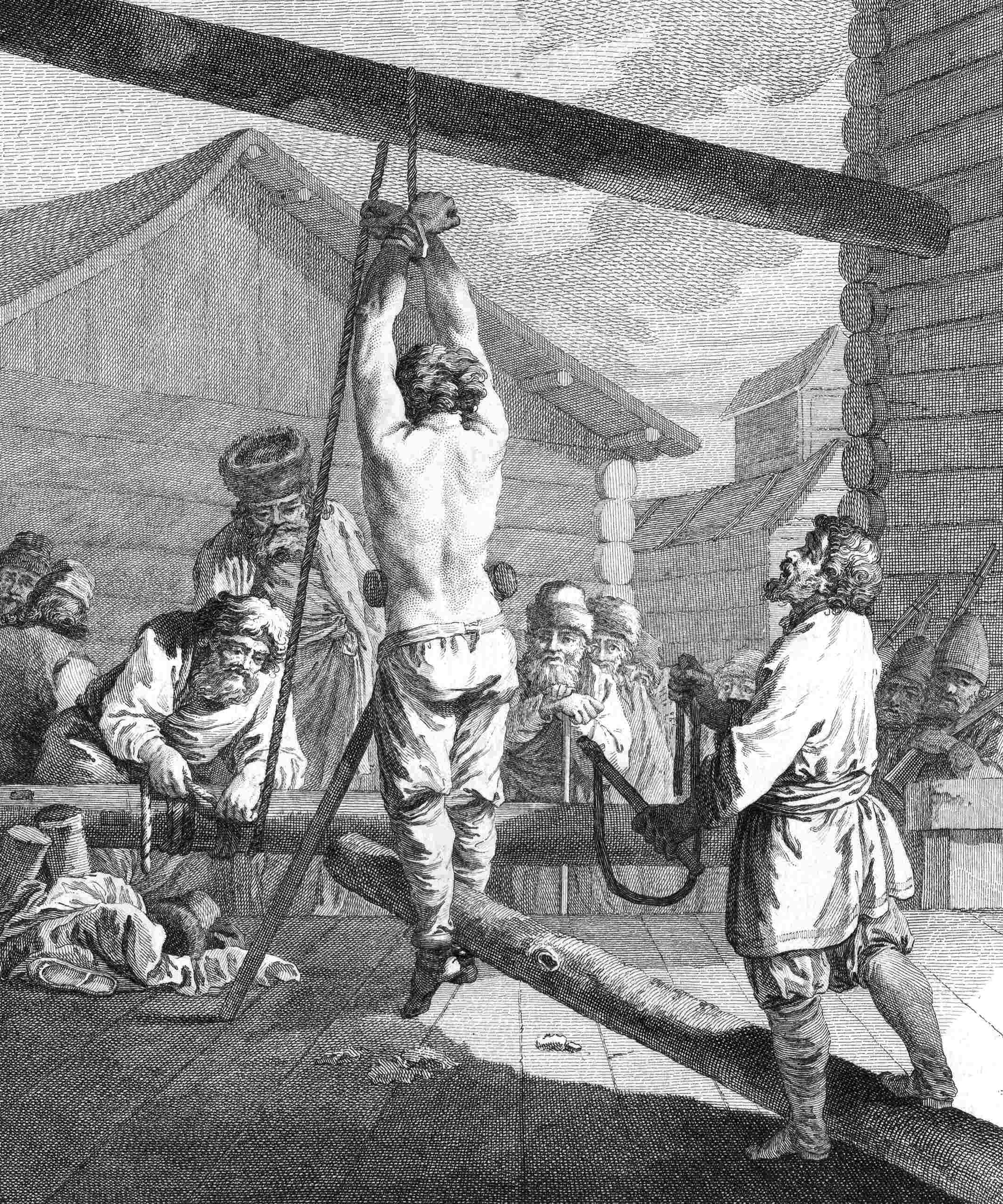|
E. H. W. Meyerstein
Edward Harry William Meyerstein (11 August 1889 – 12 September 1952) was an English writer and scholar. He wrote poetry, multiple novels, and over 100 short stories of which only a handful reached publication. Early life and education Meyerstein was born in Hampstead, London, the only son of Edward William Meyerstein and his wife Jessy Louise Solomon. His father was a merchant and stockbroker who was generous benefactor to the Royal Free Hospital became High Sheriff of Kent and was knighted in 1938. Meyerstein was educated at Holly Hill, Hampstead, and then went to board at St Cyprian's School, Eastbourne. At St Cyprian's, he met the future painter Cedric Morris, started collecting manuscripts from local bookshops and won the Harrow History Prize. With this under his belt, his mother then sent him to Harrow. Brought up as a Protestant, he was baptised before going to Harrow, with George Adolphus Storey the painter as his godfather. After Harrow, he went to Magdalen Coll ... [...More Info...] [...Related Items...] OR: [Wikipedia] [Google] [Baidu] |
Hampstead
Hampstead () is an area in London, England, which lies northwest of Charing Cross, located mainly in the London Borough of Camden, with a small part in the London Borough of Barnet. It borders Highgate and Golders Green to the north, Belsize Park to the south and is surrounded from the northeast by Hampstead Heath, a large, hilly expanse of parkland. Hampstead is known for its intellectual, artistic, liberal, and literary associations. It contains a number of listed buildings, such as Burgh House, Kenwood House, the Spaniard's Inn, and the Everyman cinema. With some of the most expensive housing in London, Hampstead has had many notable residents, both past and present, including King Constantine II of Greece and his wife Queen Anne Marie, Helena Bonham Carter, Agatha Christie, T. S. Eliot, Jon English, Sigmund Freud, Stephen Fry, Ricky Gervais, Jim Henson, George Orwell, Harry Styles and Elizabeth Taylor. As of 2004, Hampstead has been home to more Prime Mini ... [...More Info...] [...Related Items...] OR: [Wikipedia] [Google] [Baidu] |
Thomas Chatterton
Thomas Chatterton (20 November 1752 – 24 August 1770) was an English poet whose precocious talents ended in suicide at age 17. He was an influence on Romantic artists of the period such as Shelley, Keats, Wordsworth and Coleridge. Although fatherless and raised in poverty, Chatterton was an exceptionally studious child, publishing mature work by the age of 11. He was able to pass off his work as that of an imaginary 15th-century poet called Thomas Rowley, chiefly because few people at the time were familiar with medieval poetry, though he was denounced by Horace Walpole. At 17, he sought outlets for his political writings in London, having impressed the Lord Mayor, William Beckford, and the radical leader John Wilkes, but his earnings were not enough to keep him, and he poisoned himself in despair. His unusual life and death attracted much interest among the romantic poets, and Alfred de Vigny wrote a play about him that is still performed today. The oil painting '' T ... [...More Info...] [...Related Items...] OR: [Wikipedia] [Google] [Baidu] |
Poems Of Today
''Poems of Today'' was a series of anthologies of poetry, almost all Anglo-Irish, produced by the English Association. ''Poems of Today'' (1915, first series) A. E. - Lascelles Abercrombie - H. C. Beeching - Hilaire Belloc - Laurence Binyon - W. S. Blunt - Robert Bridges - Rupert Brooke - William Canton - P. R. Chalmers - G. K. Chesterton - Mary E. Coleridge - Padraic Colum - Frances Cornford - A. S. Cripps - John Davidson - W. H. Davies - Walter De la Mare - John Drinkwater - J. E. Flecker - Edmund Gosse - Gerald Gould - Ralph Hodgson - Laurence Housman - Lionel Johnson - Rudyard Kipling - Shane Leslie - Rose Macaulay - J. W. Mackail - John Masefield - George Meredith - Alice Meynell - T. Sturge Moore - Sir Henry Newbolt - J. B. B. Nichols - Alfred Noyes - Sir A. T. Quiller-Couch - Ernest Radford - Ada Smith - R. L. Stevenson - Arthur Symons - Francis Thompson - Herbert Trench - Katharine Tynan - William Watson - Margaret L. Woods - W. B. Yeats ''Poe ... [...More Info...] [...Related Items...] OR: [Wikipedia] [Google] [Baidu] |
John Gawsworth
Terence Ian Fytton Armstrong (29 June 1912 – 23 September 1970), better known as John Gawsworth (and also sometimes known as T. I. F. Armstrong), was a British writer, poet and compiler of anthologies, both of poetry and of short stories. He also used the pseudonym Orpheus Scrannel (alluding to the "scrannel pipes" in Milton's ''Lycidas''). He declared himself king of the unrecognized micronation of the Kingdom of Redonda in 1947, and started calling himself King Juan I. Early life Armstrong grew up in Colville Gardens, Notting Hill, and at number 40 Royal Crescent, Holland Park, London. He was educated at Merchant Taylors' School. Career As a very young man he moved in London literary circles championing traditional verse and writing as opposed to modernism. He ran the Twyn Barlwm Press, a small press publishing some well-known poets, its title inspired by the mountain Twyn Barlwm in South Wales, beloved by one of his literary idols Arthur Machen. Machen was one of the ... [...More Info...] [...Related Items...] OR: [Wikipedia] [Google] [Baidu] |
Thomas Moult
Thomas Moult (1893–1974) was a versatile English journalist and writer, and one of the Georgian poets. He is known for his annual anthologies ''Best Poems of the Year'', 1922 to 1943, which were popular verse selections taken from periodicals on both sides of the Atlantic. His poem 'Truly He Hath A Sweet Bed' from ''Down Here the Hawthorn'' was set to music for chorus and orchestra by Cyril Rootham (as ''Brown Earth'', 1921–2). Life He was born in Derbyshire, to Jewish parents. He wrote much newspaper criticism, on music and drama and as a book reviewer; and on sport in the popular press. He founded a magazine, ''Voices'', for young writers, in 1919, publishing Sherwood Anderson, A. E. Coppard, Louis Golding, F. V. Branford, and Neville Cardus. It has been described as "eminently uncontroversial". From 1952 to 1962 he was president of the Poetry Society and chairman of the editorial board of ''Poetry Review''.''Wisden'' 1975, p. 1081. Family Moult's daughter Joy was th ... [...More Info...] [...Related Items...] OR: [Wikipedia] [Google] [Baidu] |
Edward Coxere
Edward Coxere (1633–1694) was a Kentish merchant seaman, linguist, Quaker convert and autobiographer. Autobiography His manuscript autobiography surfaced in 1943 and was edited by E. H. W. Meyerstein and published by Oxford University Press in 1945 as ''Adventures by Sea''. The small-format book has a map of Europe and North Africa as its end-papers. The text has 19 pages of prelims and 110 pages of text and 22 pages of notes, together with a sourced genealogical table. There are seven illustrations derived from the original manuscript. Picaresque style of writing ''The Oxford Dictionary of National Biography'' article characterises Coxere's autobiography thus: "His picaresque narrative, written in or after 1685, is one of the most vivid accounts of seafaring life, revealing an intelligent, brave and quick-witted man, hardened by danger and adversity but retaining both humour and humanity.".ODNB article by Bernard Capp, ‘Coxere, Edward (bap. 1633, d. 1694)’, Oxford Dictiona ... [...More Info...] [...Related Items...] OR: [Wikipedia] [Google] [Baidu] |
Richards Press
Terence Ian Fytton Armstrong (29 June 1912 – 23 September 1970), better known as John Gawsworth (and also sometimes known as T. I. F. Armstrong), was a British writer, poet and compiler of anthologies, both of poetry and of short stories. He also used the pseudonym Orpheus Scrannel (alluding to the "scrannel pipes" in Milton's ''Lycidas''). He declared himself king of the unrecognized micronation of the Kingdom of Redonda in 1947, and started calling himself King Juan I. Early life Armstrong grew up in Colville Gardens, Notting Hill, and at number 40 Royal Crescent, Holland Park, London. He was educated at Merchant Taylors' School. Career As a very young man he moved in London literary circles championing traditional verse and writing as opposed to modernism. He ran the Twyn Barlwm Press, a small press publishing some well-known poets, its title inspired by the mountain Twyn Barlwm in South Wales, beloved by one of his literary idols Arthur Machen. Machen was one of the ... [...More Info...] [...Related Items...] OR: [Wikipedia] [Google] [Baidu] |
Preparatory School (UK)
A preparatory school (or, shortened: prep school) in the United Kingdom is a fee-charging Private schools in the United Kingdom, private primary school that caters for children up to approximately the age of 13. The term "preparatory school" is used as it ''prepares'' the children for the Common Entrance Examination in order to secure a place at an independent secondary school, typically one of the English Public school (UK), public schools. They are also preferred by some parents in the hope of getting their child into a state selective grammar school. Most prep schools are inspected by the Independent Schools Inspectorate, which is overseen by Ofsted on behalf of the Department for Education. Overview Boys' prep schools are generally for 8–13 year-olds (Years 3 to 8), who are prepared for the Common Entrance Examination, the key to entry into many secondary independent schools. Before the age of 7 or 8, the term "pre-prep school" is used. Girls' independent schools in Eng ... [...More Info...] [...Related Items...] OR: [Wikipedia] [Google] [Baidu] |
Flagellation
Flagellation (Latin , 'whip'), flogging or whipping is the act of beating the human body with special implements such as whips, Birching, rods, Switch (rod), switches, the cat o' nine tails, the sjambok, the knout, etc. Typically, flogging has been imposed on an unwilling subject as a punishment; however, it can also be submitted to willingly and even done by oneself in sadomasochistic or religious contexts. The strokes are typically aimed at the unclothed back of a person, though they can be administered to other areas of the body. For a moderated subform of flagellation, described as ''bastinado'', the soles of a person's barefoot, bare feet are used as a target for beating (see foot whipping). In some circumstances the word ''flogging'' is used loosely to include any sort of corporal punishment, including birching and caning. However, in British legal terminology, a distinction was drawn between ''flogging'' (with a cat o' nine tails) and ''whipping'' (formerly with a ... [...More Info...] [...Related Items...] OR: [Wikipedia] [Google] [Baidu] |
Apuleius
Apuleius ( ), also called Lucius Apuleius Madaurensis (c. 124 – after 170), was a Numidians, Numidian Latin-language prose writer, Platonist philosopher and rhetorician. He was born in the Roman Empire, Roman Numidia (Roman province), province of Numidia, in the Berbers, Berber city of Madauros, modern-day M'Daourouch, Algeria. He studied Platonism in Athens, travelled to Roman Italy, Italy, Asia (Roman province), Asia Minor, and Egypt (Roman province), Egypt, and was an initiate in several cults or Greco-Roman mysteries, mysteries. The most famous incident in his life was when he was accused of using magic to gain the attentions (and fortune) of a wealthy widow. He declaimed and then distributed his own defense before the proconsul and a court of magistrates convened in Sabratha, near Oea (modern Tripoli, Libya, Tripoli, Libya). This is known as the ''Apologia''. His most famous work is his bawdy picaresque novel the ''Metamorphoses'', otherwise known as ''The Golden Ass''. It ... [...More Info...] [...Related Items...] OR: [Wikipedia] [Google] [Baidu] |
Jane Austen
Jane Austen ( ; 16 December 1775 – 18 July 1817) was an English novelist known primarily for #List of works, her six novels, which implicitly interpret, critique, and comment on the English landed gentry at the end of the 18th century. Austen's plots often explore the dependence of women on marriage for the pursuit of favourable social standing and economic security. Her works are implicit critiques of the sentimental novel, novels of sensibility of the second half of the 18th century and are part of the transition to 19th-century literary realism. Her use of social commentary, realism, wit, and irony have earned her acclaim amongst critics and scholars. Austen wrote major novels before the age of 22, but she was not published until she was 35. The anonymously published ''Sense and Sensibility'' (1811), ''Pride and Prejudice'' (1813), ''Mansfield Park'' (1814), and ''Emma (novel), Emma'' (1816) were modest successes, but they brought her little fame in her lifetime. ... [...More Info...] [...Related Items...] OR: [Wikipedia] [Google] [Baidu] |
St John-at-Hampstead
St John-at-Hampstead is a Church of England parish church dedicated to St John the Evangelist (though the original dedication was only refined from St John to this in 1917 by the Bishop of London) in Church Row, Hampstead, London. History Hampstead was granted to the Benedictine monks of Westminster Abbey by charter in 986. It is likely that they placed a church there soon afterwards, but the first records of one come from 1312 (when it was recorded that John de Neuport was its priest) and 1333 (through a mention of a Chapel dedicated to the Blessed Virgin Mary). On the Dissolution of the Monasteries, the Abbey was replaced by the Bishop of Westminster, with its first and only holder Thomas Thirlby also serving as St John's rector. Thirlby appointed Thomas Chapelyne to be St John's vicar in 1545, but the see was abolished in 1551 by Edward VI, with the manor and benefice of Hampstead being granted to Sir Thomas Wrothe. The church of this era was part in stone and part in t ... [...More Info...] [...Related Items...] OR: [Wikipedia] [Google] [Baidu] |





